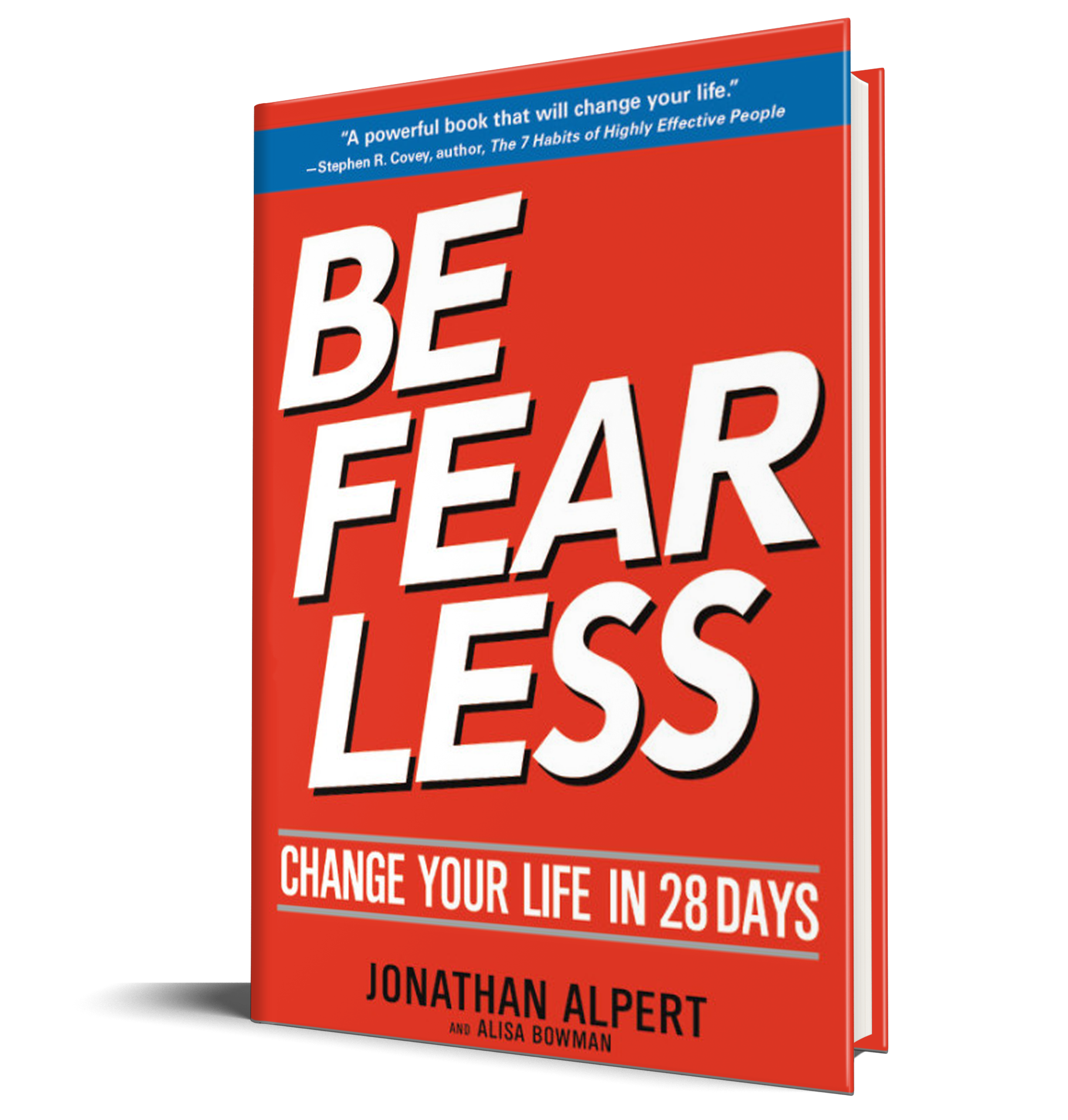As we approach the midterm elections coming up Tuesday, November 8, tensions are heating up and candidates are in full fight mode. Stories will be sensationalized and conversations will be filled with all things politics. No doubt, some of these conversations will be volatile, contentious, and may even enter into personal relationships.
In my personal life I’ve been met with outrage at the mere expression of how I feel about a candidate or my commentary on the political issues. This got me thinking about how couples should deal with opposing views in their relationship. How can two loving people have such dissimilar views and continue to coexist and not let political differences tear them apart? The truth is, if the relationship is stable and loving and the couple problem solves well together, it will likely survive and withstand any tension or strain it may encounter. If though problems already exist, then that’s a different story. They’re vulnerable and could be subject to insurmountable troubles or even splitting up as political differences just intensify other disconnects in the relationship.
Here’s how to keep your political differences in check:
1. Forget about trying to win. It’s not about keeping score, winning the argument, or making the other person look bad. If you approach your partner with that mindset then it will surely be met with hostility and defensiveness. Any name calling or demonizing your partner and reliance on sensationalized clips or propaganda will only fuel the tension between you and them and compromise the otherwise healthy dynamic that exist. Rather than trying to find holes in their argument or seeing them as an antagonist, be sensitive and respect that they have different views.
2. Aim to share your ideas, not change your partner’s political affiliation. As is the case with a lot of discussions about hot-button issues, in relationships it should be one about sharing your opinion and deepening your understanding and connection, not trying to get your partner to buy into your beliefs. Try to understand how your partner got to where they are politically.
3. Listen. Be a good listener and truly make an effort to understand how your partner came to feel a certain way about a candidate. Sometimes being heard is all that’s needed to prevent a discussion from turning acrimonious. Clarify what the other person says and how they feel by repeating back to them your summation or their comments and/or asking them questions that will ensure better understanding.
4. Keep your emotions in check. If you feel things starting to get heated, then agree with your partner to some ground rules. For example, agree to take a time out. Go for a walk, have a bite to eat, or do something else and then hit the reset button. If your partner won’t play by this rule, then you must be the bigger person.
5. Ask yourself, “What’s really important?” All too often if a couple gets embroiled in political conversation they lose sight of what’s truly important. Things such as family, kids, and careers take a back seat to an elected official. Stay true to what really matters and never let a politician get between you and your partner.
6. Focus on what binds you. Despite their vast differences in style and presentation, ultimately democrats and republicans want the same things: peace, a strong economy, good educational system, security, etc. They often just have vastly differently ideas of what these things mean and how to get there. Try to focus on these larger items and concepts and where you might actually want similar things for the country.
So if after employing these tips you’re still having problems then consider that perhaps the differences are simply too stark to have a healthy relationship. Next time you meet someone to potentially date, discuss the very things that you might otherwise avoid early on: political views, religion, and sex. As a psychotherapist who has treated countless couples, I say talk about the very things you’d ordinarily avoid, including which political party you feel an allegiance to, and why. This might help to avoid a train wreck later on.
For more tips on living a healthy and stress-free life, check out my book Be Fearless: Change Your Life in 28 Days.



